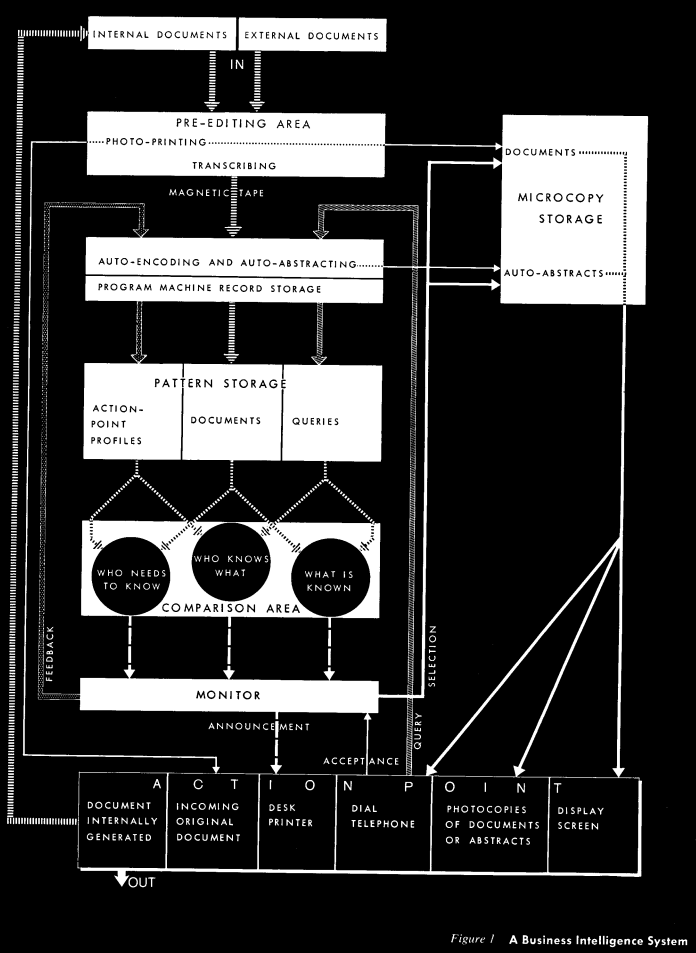Give me an A!
For most of my life, the only acronym commonly associated with intelligence was IQ. Little did I know that the seed of AI - Artificial Intelligence - had been sown before my birth, waiting to burst into full public consciousness with the launch of ChatGPT by OpenAI on November 30, 2022.
A search for the origin story for Artificial Intelligence is likely to lead you to Dartmouth College, in Hanover, New Hampshire. It was there in 1956 that John McCarthy, Assistant Professor of Mathematics, organised an exclusive gathering of mathematicians and scientists for what he called the “Dartmouth Summer Research Project on Artificial Intelligence”. He proposed this should proceed based on:
…the conjecture that every aspect of learning or any other feature of intelligence can in principle be so precisely described that a machine can be made to simulate it.
McCarthy's vision helped define AI as a distinct area of study, separate from traditional computer science.
So, it seems AI had been bubbling along on the back burner for decades before the pot boiled over in 2022. It’s been setting the house on fire ever since. (Had I known what was coming I might have invested some spare cash in Nvidia shares, but that’s another story.)
Give me a B!
AI may be the acronym on everyone’s lips today but spare a thought for an earlier form of intelligence on planet Earth. I’m talking about BI – Business Intelligence, which is the real focus of this article.
In the Beginning…
We’ve commemorated a lot of anniversaries in these articles, including 20 years for TPAC, 30 years for Orchid Systems itself, 50 years for the humble barcode, and even 75 years since D-Day.
When it comes to age, BI can beat them all by some margin. Indeed, the earliest known use of the term business intelligence seems to be 1865.
It was in that year that Richard Millar Devens' “Cyclopædia of Commercial and Business Anecdotes” described (on p210) how the merchant and banker Sir Henry Furnese profited by receiving and acting upon information in advance of his competitors:
Throughout Holland, Flanders, France, and Germany, he maintained a complete and perfect train of business intelligence. The news of the many battles fought was thus received first by him, and the fall of Namur added to his profits, owing to his early receipt of the news.
The ability to collect and react accordingly based on the information retrieved, Devens said then, was central to business intelligence.
Into the Information Age
While the term Business Intelligence certainly pre-dates the computer age, the way the term has been defined and used has evolved, culminating in what we now know of as BI Software.
In 1958, Hans Peter Luhn, a researcher at IBM, wrote an article called “A Business Intelligence System” in an IBM Journal. It featured the diagram below:

His closing comments on the prospects for establishing a BI system were nothing if not honest:
“The system described here employs rather advanced design techniques and the question arises as to how far away such systems may be from realization…
...Perhaps the techniques which ultimately find the greatest use will bear little resemblance to those now visualized, but some form of automation will ultimately provide an effective answer to business intelligence problems.
BI takes Time to Define
The 60’s and beyond saw the popularization of the term “Decision Support Systems” (DSS) to describe pretty much anything that related to harnessing data to drive business decisions.
The 70's heralded the advent of computers and database systems that provided the infrastructure needed to collect, store, and analyze vast amounts of data, leading to what we now know as BI.
In 1989, Howard Dresner (later a Gartner analyst) came up with a definition that would start to take hold over the next decade. He proposed Business Intelligence as an umbrella term to describe:
Concepts and methods to improve business decision making by using fact-based support systems.
The digital revolution of the late 20th century saw an intensified demand for solutions related to another AI buzz-term. Welcome to the world of Actionable Insights.
Specialized BI platforms emerged in response to this demand, empowering organizations to extract value from their data by consolidating, analyzing, and visualizing information in user-friendly formats.
Modern BI solutions enable businesses to forecast trends, identify opportunities, and mitigate risks.
Give me a C!
I'll be honest. I only used ABC in the title as I thought it was catchy. I didn't have anything relevant to say about the letter C, but if you’ve read this far, I suppose I owe you something!
After discarding countless CI possibilities like Criminal Intent or Cote d'Ivoire, I've settled on CI - Competitive Intelligence.
Another brief origin story
It surprised me that this use of CI only emerged as a common business term some decades after the birth of AI.
In 1986, the Society of Competitive Intelligence Professionals (SCIP) was founded, marking a significant milestone in the development of Competitive Intelligence as a recognized field of study and practice.
In 2020, SCIP changed its name to the Strategic Consortium of Intelligence Professionals. I don't know why, but perhaps they too wanted to capture the full ABC of (business) Intelligence!
If you want to know more about CI you can do your own research, as they say. But for an alternative C, how about…
(Did we) CU at Orchid’s recent BI Webinar?
Our March 2024 webinar shined the light on Orchid’s own affordable Business Intelligence tool, Info-Explorer. If you missed it, or would like a refresher, you can watch the video below.


